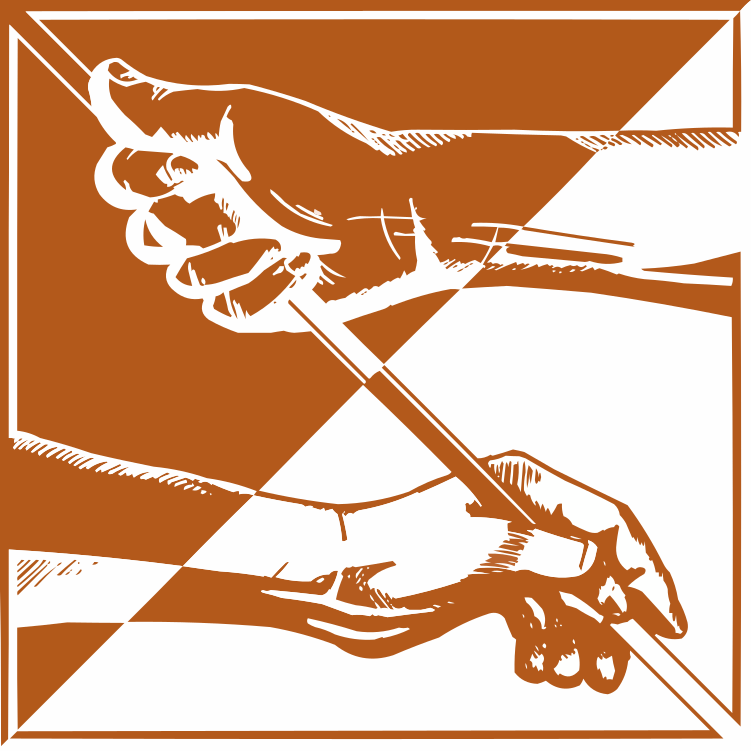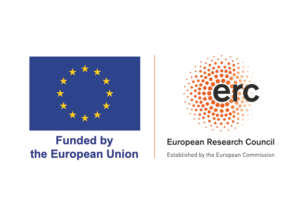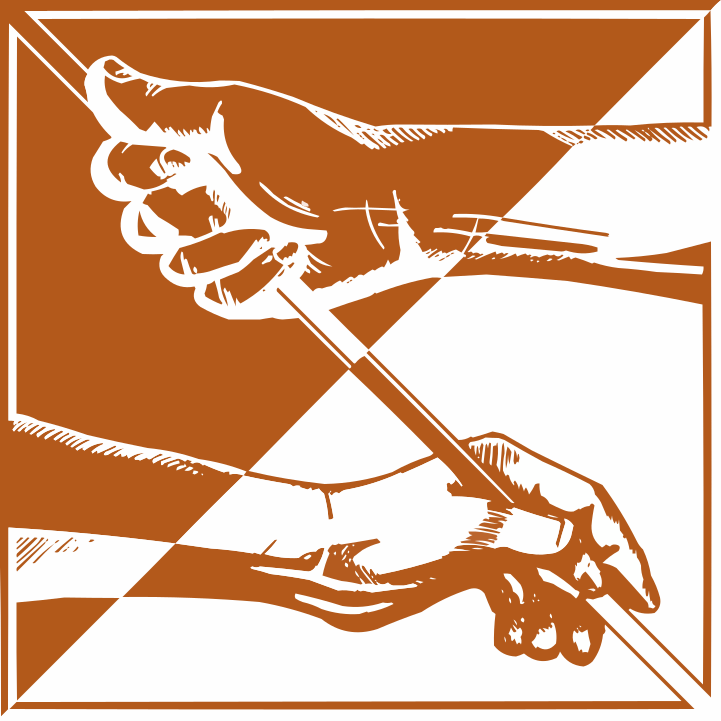

FACERE is a research project at the University of Groningen, directed by Bettina Reitz-Joosse. We investigate ideas about making and makers in the ancient Roman world. FACERE is funded through an ERC Starting Grant.
How did the ancient Romans experience the material world around them – objects, buildings, or even artworks? This project, FACERE, proposes a new way of approaching this question. It focuses on ‘making’ – the processes by which the objects and buildings which surrounded Romans in their daily lives were produced.
How things were made in ancient Rome is widely studied in terms of its technologies, economies, or social organisation. FACERE takes a different approach by asking not how making was done, but what making meant to the inhabitants of the Roman empire. To answer this question, we analyse the Roman discourse of making: literary texts – poetry and prose in Greek and Latin – and visual depictions, such as paintings, reliefs, and mosaics, which represent processes of making and can tell us how Romans thought, felt, and spoke about them.
On the one hand, we aim to contribute to a new cultural history of making under the Roman empire. We bring technological, logistic, or economic dimensions of making into dialogue with a deeper understanding of the cultural values related to making in the Roman imagination, in particular its aesthetic and moral complexities. How did making relate to Roman notions about the environment? How did Roman writers and artists depict the ability and agency of different kinds of makers, and how does this relate to their social status, gender, or ethnicity? Were certain ways of making considered superior to others, and why?
FACERE also investigates how discourses of making relate to Roman experience of the material world. How things were made, and how their stories of making were told, presented, or imagined, was deeply relevant to what they meant to their ancient viewers, owners, and users. FACERE introduces the analytical concept of ‘madeness’ in order to bring ‘making’ and ‘meaning’ together.
FACERE is funded through an ERC Starting Grant and runs from September 2023 to August 2028.

